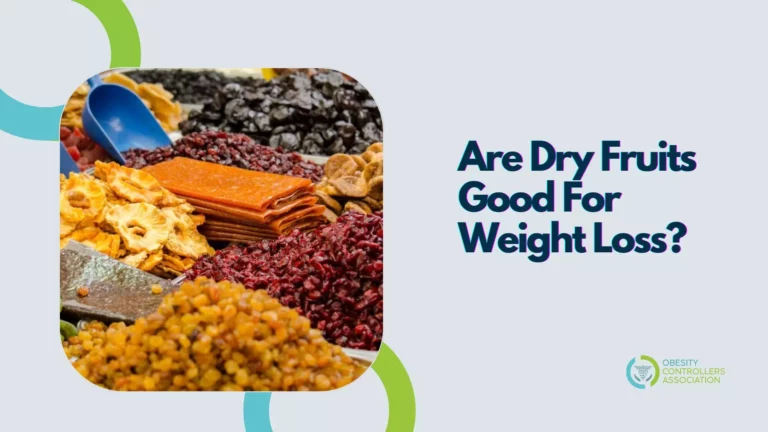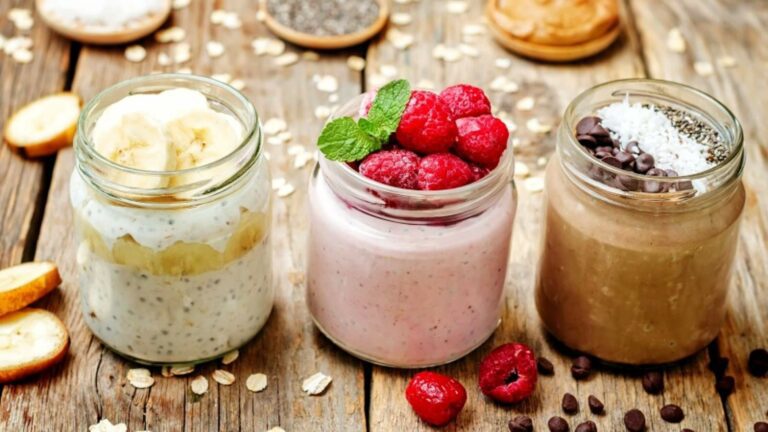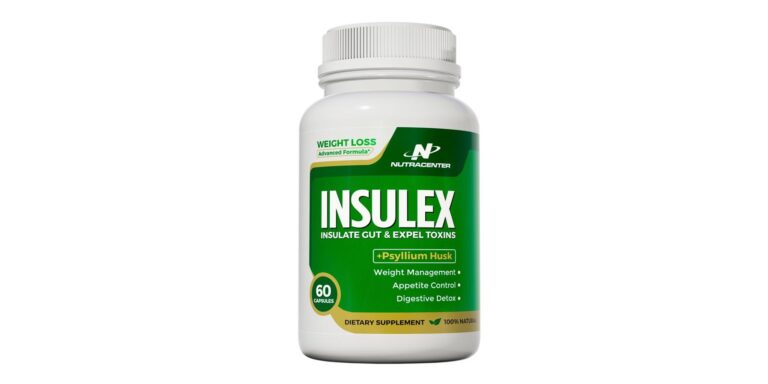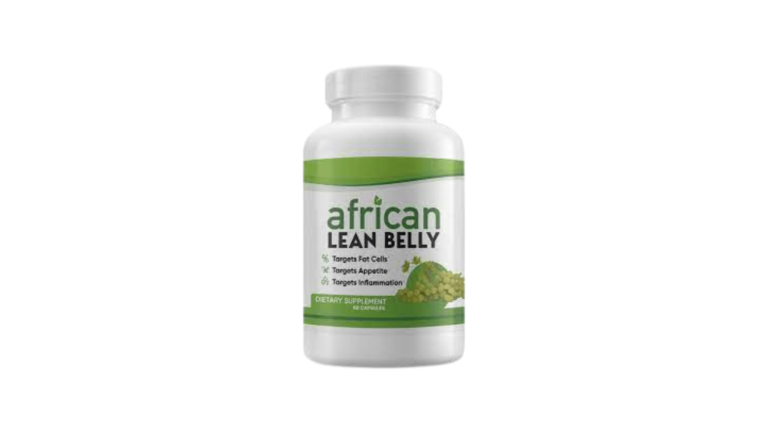5 Effective Weight Loss Programs For Men! Find Out Now!
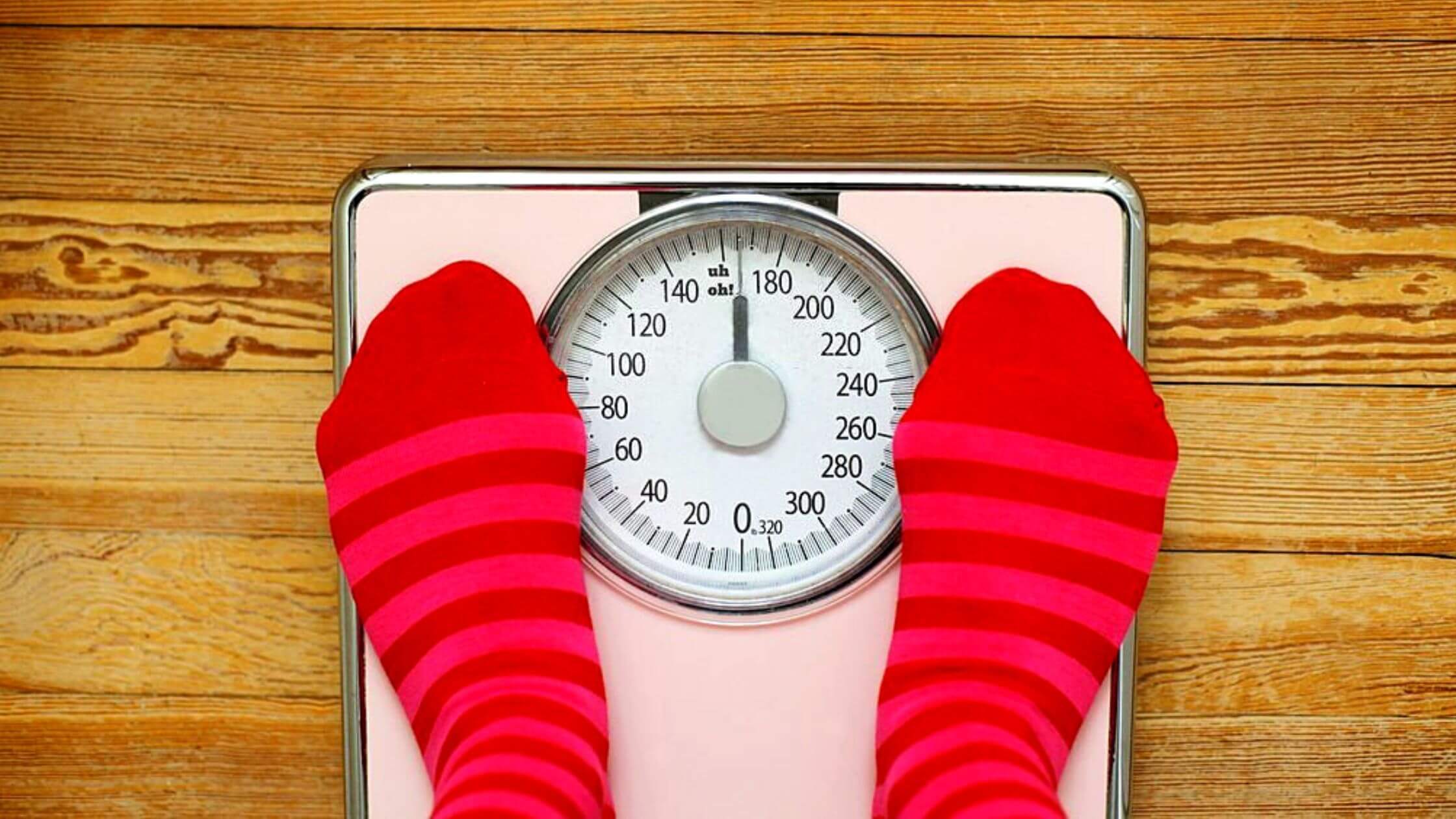
Choosing the right weight loss program might be overwhelming when there are so many to select from. Many trendy diets are short-term solutions to weight loss that fail to deliver in the long run.
Men and women have distinct requirements to lose weight, and individuals over 40 may have a more challenging time doing it due to the natural slowing of their metabolism.
If You Want To Lose Weight, How Long Does It Take?
Male health may improve in various ways if men lose weight and reach a healthy BMI. Examples of diseases and disorders that may be avoided by maintaining a healthy weight include cardiovascular disease, diabetes, some forms of cancer, and liver disease.
Because males often have more visceral fat, a form of belly fat linked to raised disease risk, their risk of chronic disease is higher than that of obese women. Sexual dysfunction, mobility issues, depressive symptoms, and a man’s overall quality of life may all benefit from weight loss.
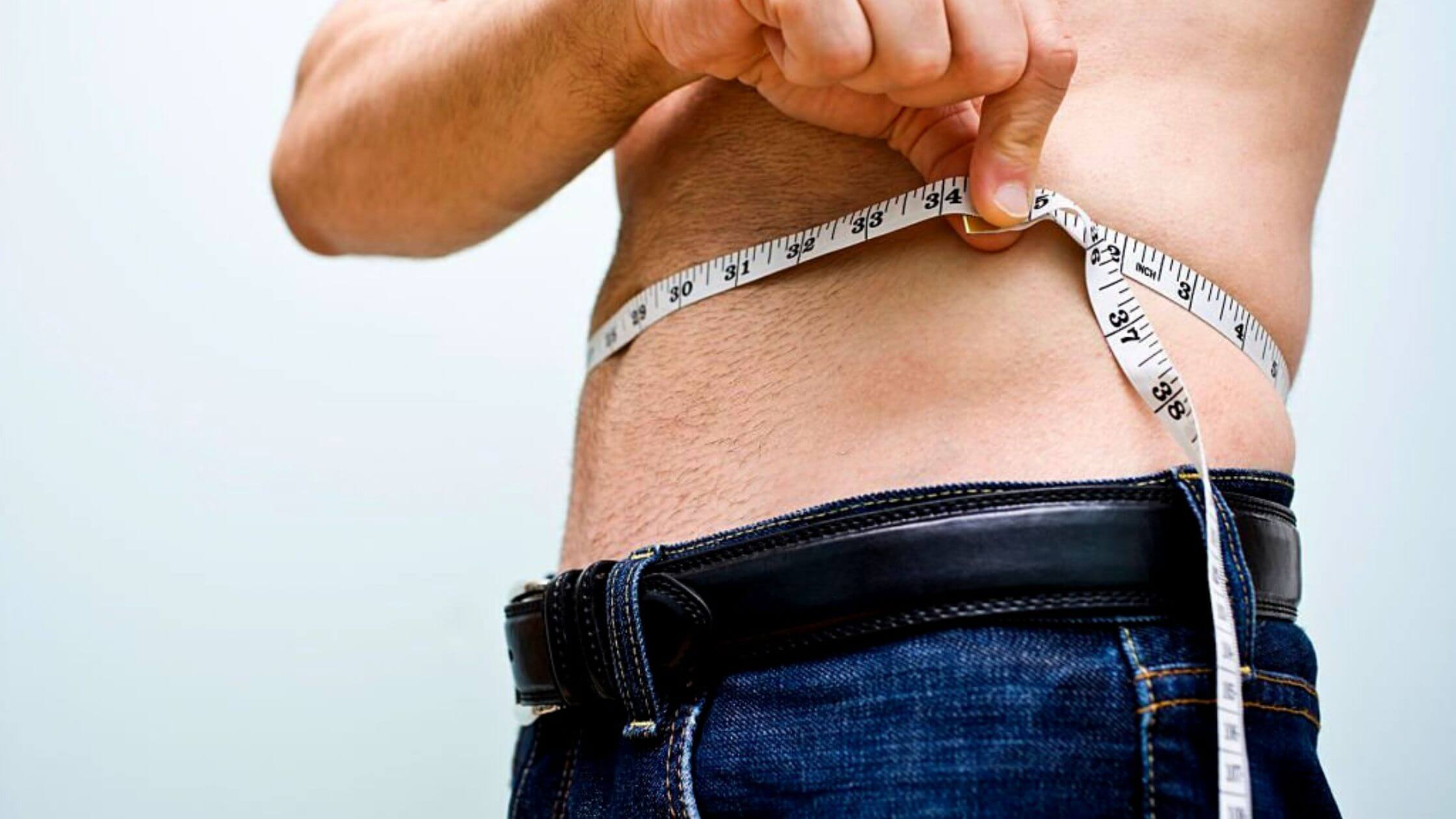
However, it is essential to losing weight properly. Strict fad diets may result in temporary weight loss, but they are never the best option for permanent weight loss or maintenance. Instead, try a sustainable, personalized method to stay healthy and happy in life.
For males, the most successful weight loss programs combine dietary adjustments with increased physical activity and other behavioral changes rather than just focusing on nutrition alone. Look at these five-weight loss plans for men that focus on healthy eating.
5 Weight Loss Programs For Men That Really Works
1. Intake Of Large Amounts Of Protein:
Increasing one’s protein consumption has been found to aid with weight loss in a healthy way. Protein-rich meals and snacks may help you lose weight. Furthermore, several studies have shown that high-protein diets are superior to low- or moderate-protein diets regarding weight loss.
Muscle mass preservation during weight loss is another benefit of high-protein diets. It keeps your basal metabolic rate (BMR) (the number of calories burned while at rest) relatively constant. Size, level of physical activity, and age affect protein needs, but males who eat a high-protein diet are better at maintaining their weight.
Chicken, fish, eggs, lentils, and tofu are all high-protein plant and animal foods that can be incorporated into a high-protein diet based on personal preference.
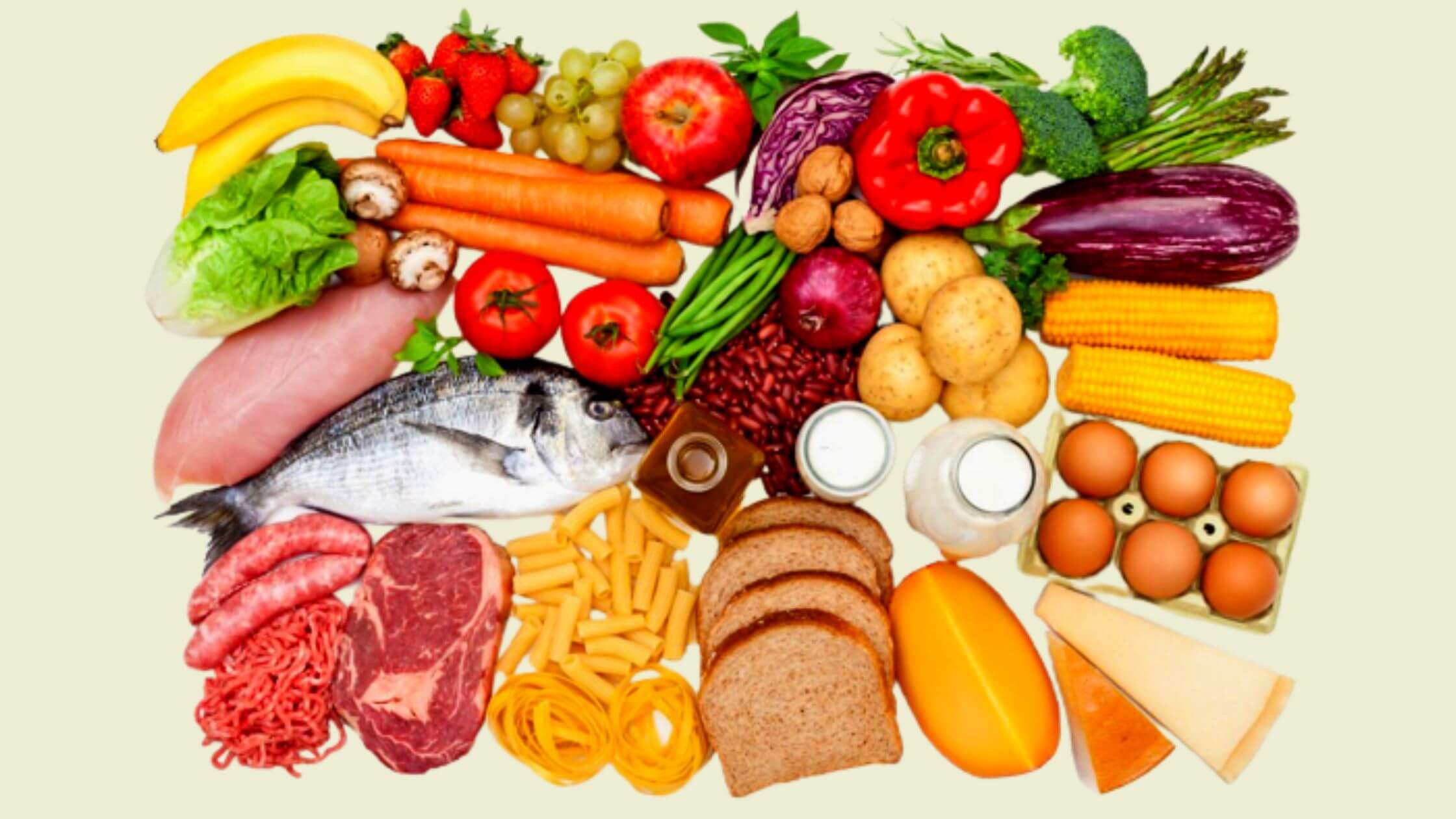
Pros
- Straightforward in its instructions and application
- Vegetarian-friendly
- It does not necessitate monitoring one’s calorie intake or avoiding certain foods.
- Evidence-based
Cons
- Most people don’t need to consume such large amounts of protein.
- Need customization due to varied protein requirements among individuals.
2. Vegetarian Diets:
Veggies, fruits, legumes, and whole grains are staples in vegetarian diets, among other plant-based foods. Ovo-vegetarian and Lacto-vegetarian diets, for example, allow for the consumption of dairy and eggs, respectively. Vegetarian diets have been linked to weight loss and maintaining a healthy weight.
Vegetarians in a study of 10,064 people who ate Diets high in whole plant foods and low in animal foods were associated with lower rates of weight gain over a period of four years, as determined by an analysis of three trials that included 20,975 male participants.
On average, they consumed 419 fewer calories each day, and their food contained a greater quantity of fiber and protein. Refined foods, mainly highly processed plant-based meals like sugary desserts, sweetened beverages, and fried foods, should be limited to healthy vegetarian diets.
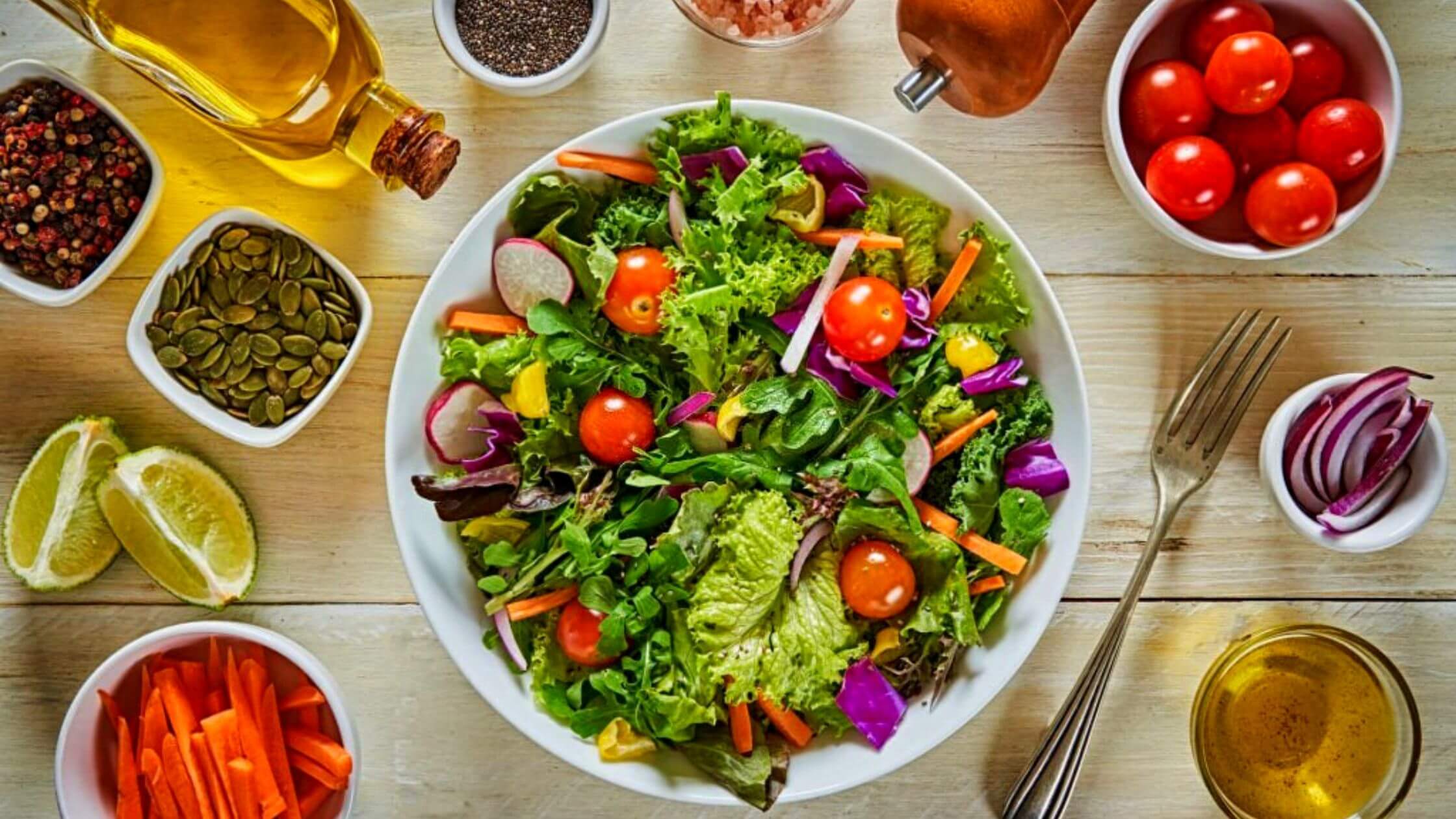
Pros
- Adaptable to individual tastes and diet restrictions
- Evidence-based
Cons
- Achieving weight loss may be facilitated without resorting to calorie counting if these benefits are realized.
- Vegetarian diets, when appropriately designed, are abundant in nutrient-dense plant foods, including vegetables, fruits, and legumes.
3. Brief Periods Of Energy Deprivation (IER):
The phrase “intermittent energy restriction” (IER) describes a dietary pattern that includes both time-restricted eating and fasting at specific intervals. Time-restricted eating limits food consumption to a fixed window, usually 6-10 hours of the day, in contrast to the 16-48-hour periods of little or no food intake that characterize intermittent fasting.
There is some evidence that IER aids in weight loss, lowering blood sugar levels, lowering blood pressure, reducing inflammatory indicators, and decreasing triglyceride levels.
Energy limitation periods range from 16 hours to two days or even every other day. People who followed IER patterns lost an average of 0.8-13% of their initial body weight, according to a meta-analysis of 27 trials ranging from 2 weeks to 24 months.
The study also discovered that IER helped with blood sugar control. But the researchers also note that most of the trials were relatively small. This highlights the necessity of doing additional studies.
However, there is evidence from a few studies that IER can help with weight loss, boost strength during resistance exercise, and even boost mental wellness.
If males are interested in IER, one of the most common places to begin is with the 16/8 approach. Even if IER shows promise for some of the men who undergo treatment there, it is not the best option for all individuals.
Those with diabetes, particularly those who need insulin, may not be able to undergo IER safely. If your blood sugar drops too low due to fasting, you may feel weak or even pass out. Please talk with your doctor before starting IER if you have any preexisting illnesses or are on drugs.
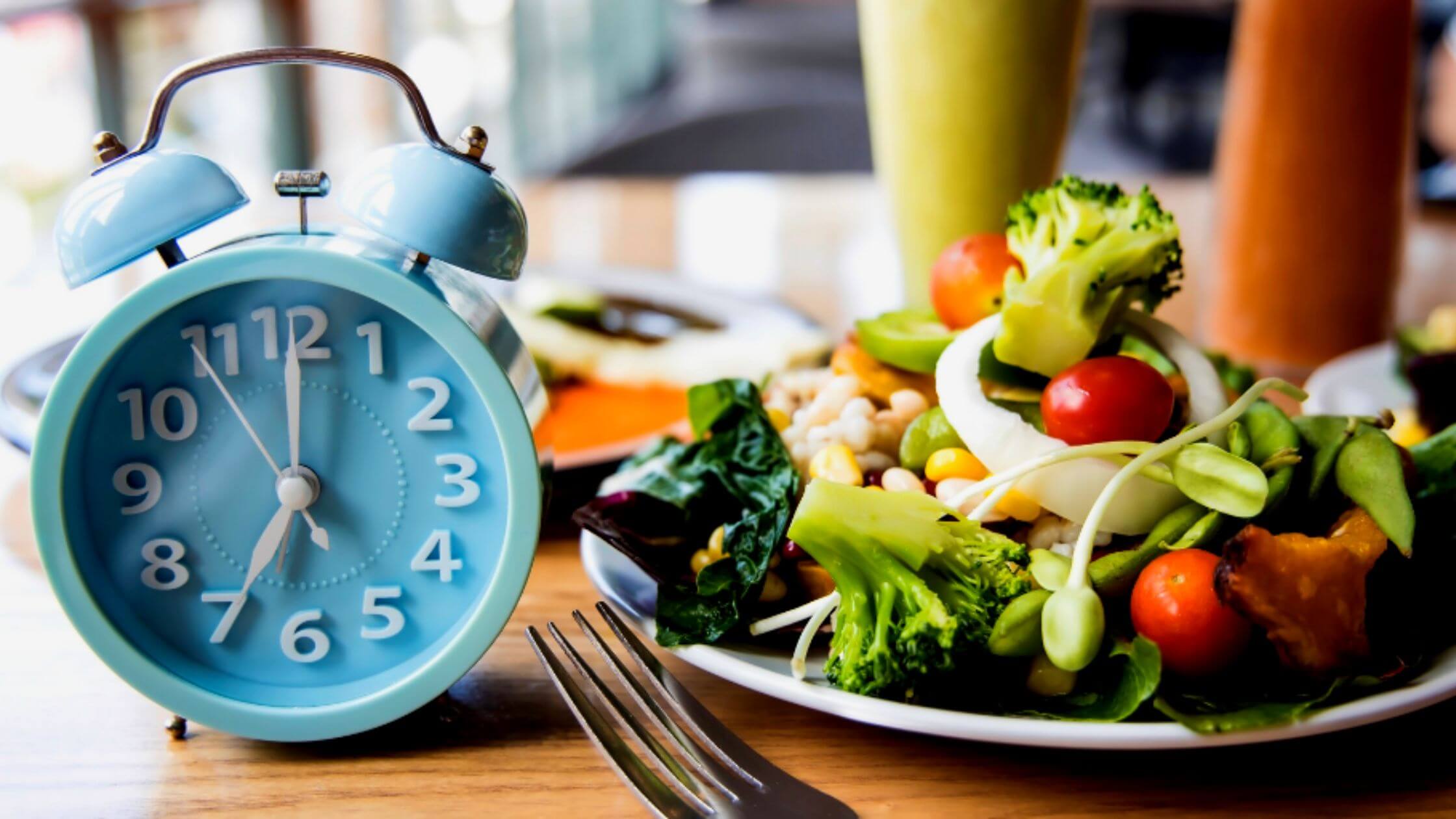
Pros
- Evidence-based
- Easily adaptable
- Allows unlimited consumption of all foods
Cons
- Calls for sustained fasting over several days
- Some men with diabetes and men using specific drugs may not be good candidates
- Often results in irritation and cravings
4. The MIND Diets:
The Mediterranean-DASH MIND diet slows neurodegenerative disease. Lowering blood pressure is a common reason people adopt the DASH diet. Some brain-healthy foods included in the MIND diet include berries, olive oil, almonds, legumes, green leafy vegetables, and fish. Refined sugar and fried meals are specifically singled out as examples of food groups to minimize.
The MIND diet not only helps lessen the risk of Alzheimer’s disease and other brain problems but also may aid in weight loss, especially in males. It contains low-calorie, high-nutrient foods like berries, leafy greens, fiber, and healthy fats.
The usage of olive oil, which has been linked to weight stability, is also promoted. Men of a certain age concerned with maintaining brain function and lowering their vulnerability to dementia may benefit significantly from the MIND diet.
The MIND diet improved cognitive performance in a 2021 trial, suggesting it may help elderly people maintain mental health.

Pros
- It highlights foods like berries, olive oil, almonds, legumes, green leafy vegetables, and fish that benefit brain health.
- Possible benefits for maintaining brain health
Cons
- You need additional research to validate its weight loss benefits.
5. The Paleo Diet:
It limits the use of cereals, beans, white sugar, and dairy. The fundamental idea is to consume more whole, nutrient-dense foods abundant in healthy fats, protein, fiber, vitamins, and minerals and fewer processed foods.
Given that it restricts or severely limits many foods linked to weight gains—like processed grain products, sweet baked goods, and soda—it should come as no surprise that it is helpful for fat loss.
The paleo diet has the potential to improve healthy blood pressure, blood sugar, and lipid levels, and it is often more full than conventional low-fat eating patterns.
To meet your daily fiber requirements while following the paleo diet, you should consume a wide variety of vegetables, fruits, chia seeds, and other paleo-friendly foods.
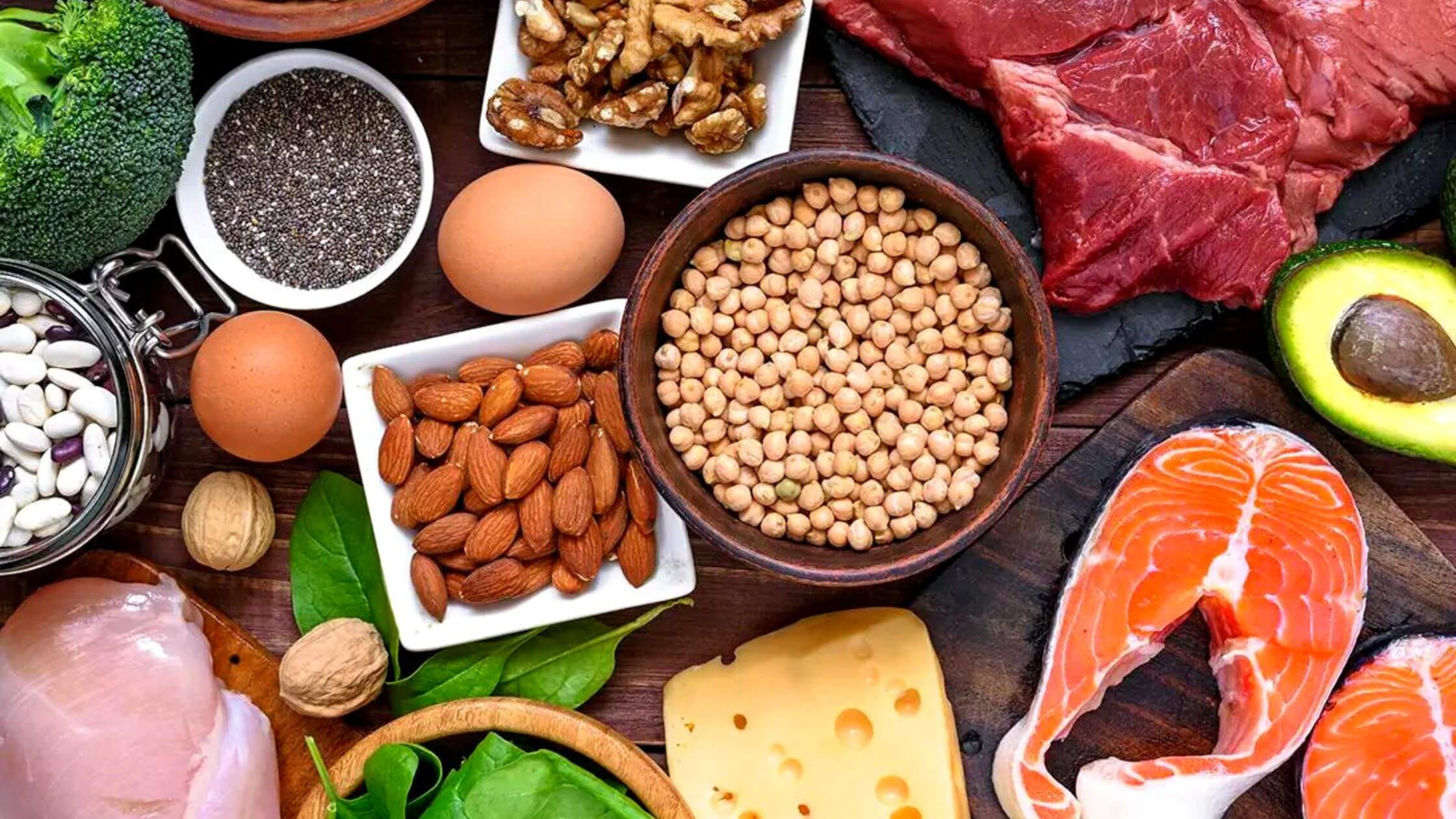
Pros
- Straightforward to grasp and implement
- Focuses on eating foods high in nutrients
- Associated with shedding pounds and perhaps enhancing heart health
Cons
- Limits intake of several common foods
- Inconvenient for vegetarians and vegans
How Fast Can Men Burn Fat?
Miracle treatments and fraudulent substances that “blast the fat” are abundant. While a quick fix may sound appealing, losing weight takes time and effort.
Working hard, eating correctly, and incorporating some fat-burning workouts into your daily routine is the straightforward answer to losing body fat.
But aside from that obvious choice, a plethora of minor adjustments can aid in fat loss. Motivation to change and keep it is the best approach to burning fat quickly.
Personal trainer Sam Downing recommends consulting a registered nutritionist “if you’re genuinely struggling or bewildered by nutrition misinformation on social media.”
Methods To Reduce Body Size And Burn Fat
As a result, you’ve compiled a list of 13 methods that are effective in helping people burn fat and reduce their body size.
1. Strength Training:
Adding muscle mass is a welcome side effect when trying to reduce body fat. Although it is false that fat can be transformed into muscle (or vice versa), strength training has been found to reduce body fat even in the absence of cardiovascular exercise or dietary restrictions. That’s why weights are a good idea if you want to trim down.
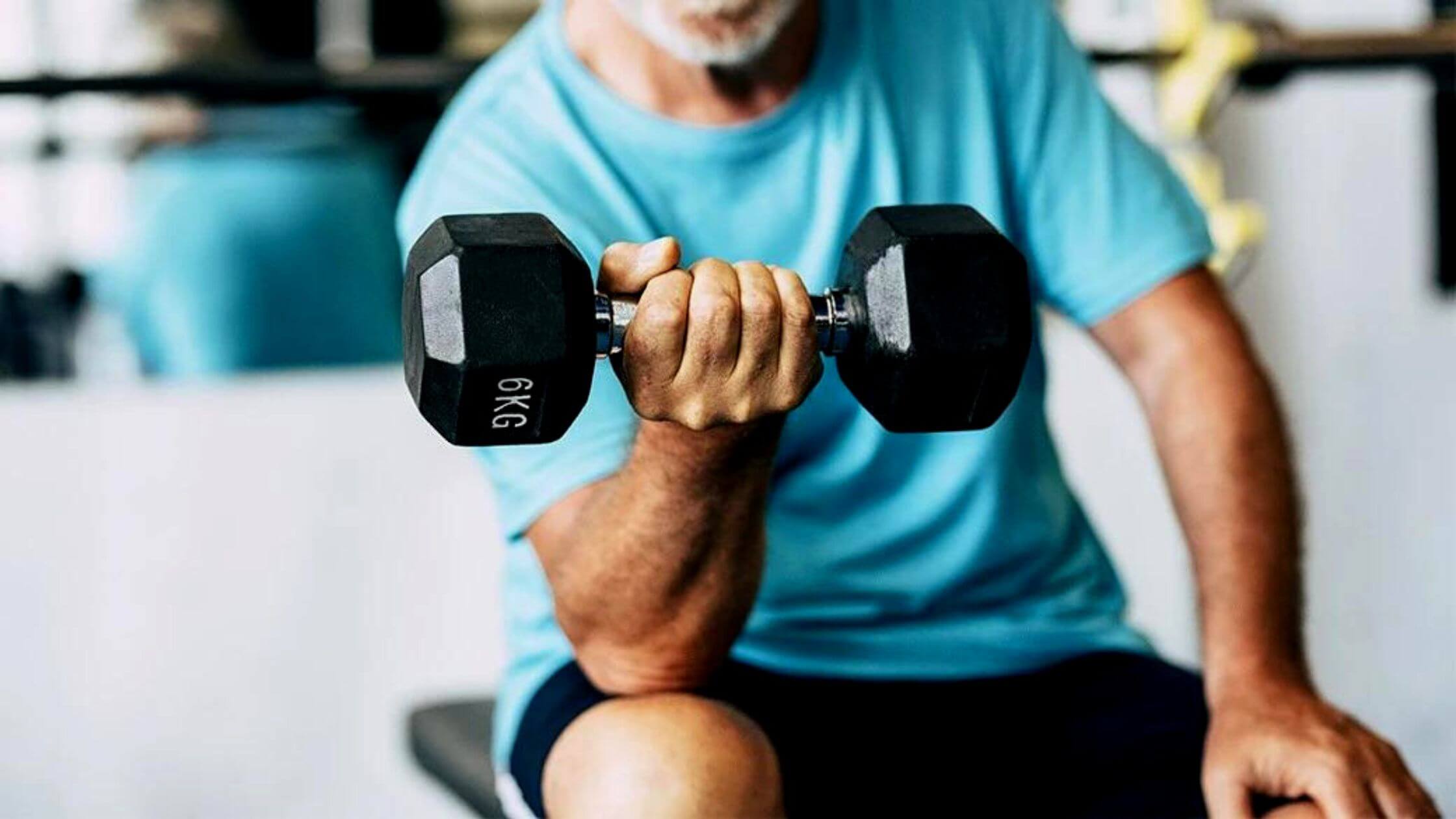
2. Consume A Meal High In Protein:
Although you might associate a high-protein diet with influential individuals like bodybuilders and strongmen, research shows that everyone can benefit from adhering to such a regimen.
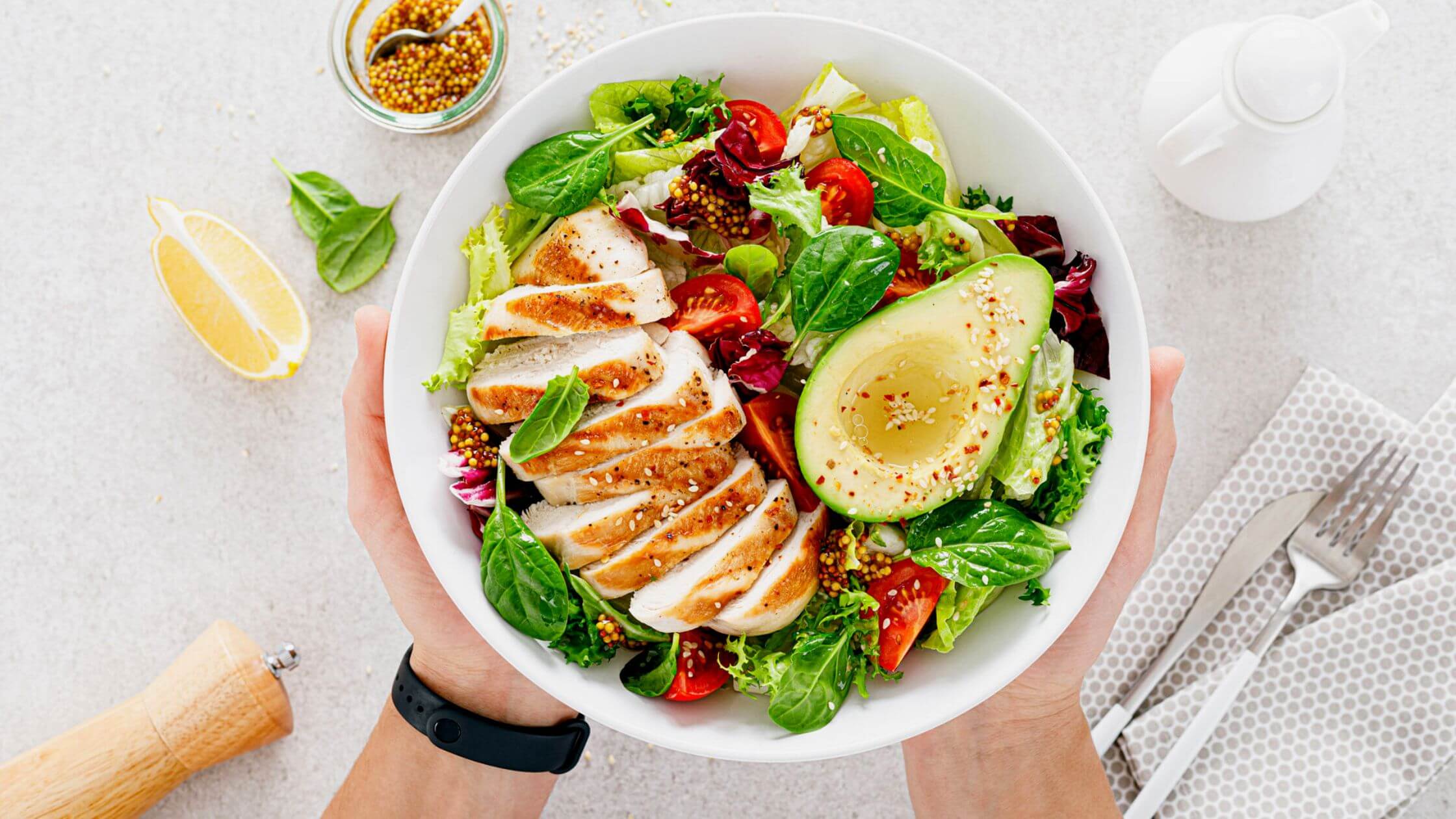
The University of South Australia discovered that compared to low-protein, high-carbohydrate diets, high-protein diets led to significantly more fat loss (at least in a study of diabetic people).
3. Sleep More:
Sleeping helps shed weight and flatten your tummy. Today, blue light is a common cause of sleep disruption. Phones’ blue light disrupts the body’s natural sleep chemicals and delays sleep.

The most effective strategies to fight this are to put down your smartphone at least an hour before going to bed and to use glasses that filter out blue light.
4. Up Your Cardio:
Cardio reduces body fat best, thus group exercise clubs are booming. Cardio, whether running, yoga, cycling, or High-Intensity Interval Training (HIIT), is excellent for your health and, particularly, your waistline.

However, don’t try to make up for exercise with extra food; you can’t outrun a poor diet. Instead, calculate your daily calorie needs (approximately 2,000 for an average adult) and combine this with exercising to aid in fat loss.
5. Consume Fats That Are Good For You:
Although it may seem counterintuitive, eating fat can aid in fat loss. While fats have been given a bad rap of late, they are necessary for a healthy diet and successful weight loss.
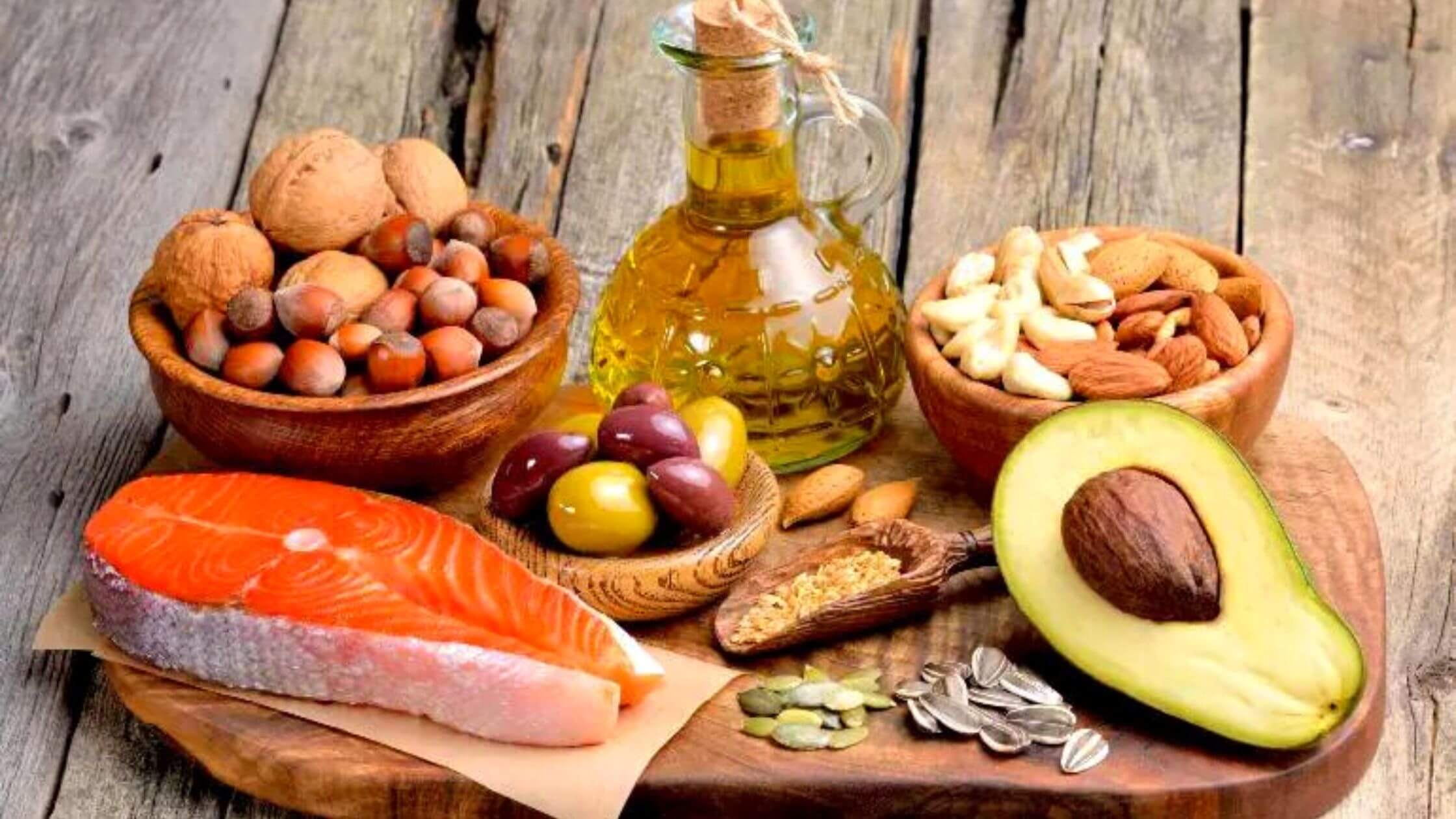
“Good fats” refer to heart-healthy, cholesterol-lowering, waistline-friendly options, including omega-3 and omega-6 fatty acids, monounsaturated fats, and polyunsaturated fats. Fish, nuts, eggs, olive oil, and avocados are some of the finest places to get healthy fats.
6. Drink Better:
Just be more selective about what you consume in terms of liquids. Although the calories in flavored drinks are hidden in the sugars, they are still there. Because of their high caloric density and lack of nutritious value, these calories are called “empty calories.”

Sugary drinks, flavored milk, and energy drinks are the worst offenders. If you prefer them, have them on occasion, but make water and healthful drinks your mainstays.
7. Eat More Fiber:
Soluble fiber has been demonstrated to be helpful for those trying to tone up but is typically disregarded in the context of weight loss.

An appetite suppressor essential for intestinal health, soluble fiber also aids weight loss. To be sure you’re getting enough, guys should consume 30g of fiber daily. Plant foods like bread, rice, fruit, and nuts are all excellent places to obtain your daily dose of fiber.
8. Lessen Your Intake Of Processed Carbs:
Refined carbohydrates are foods that have been subjected to a high level of processing. Because the procedure removes the fiber and minerals, we end up with “empty carbs.” Refined carb-rich foods include sugary foods, fast food, white bread, soft drinks, and other such items.
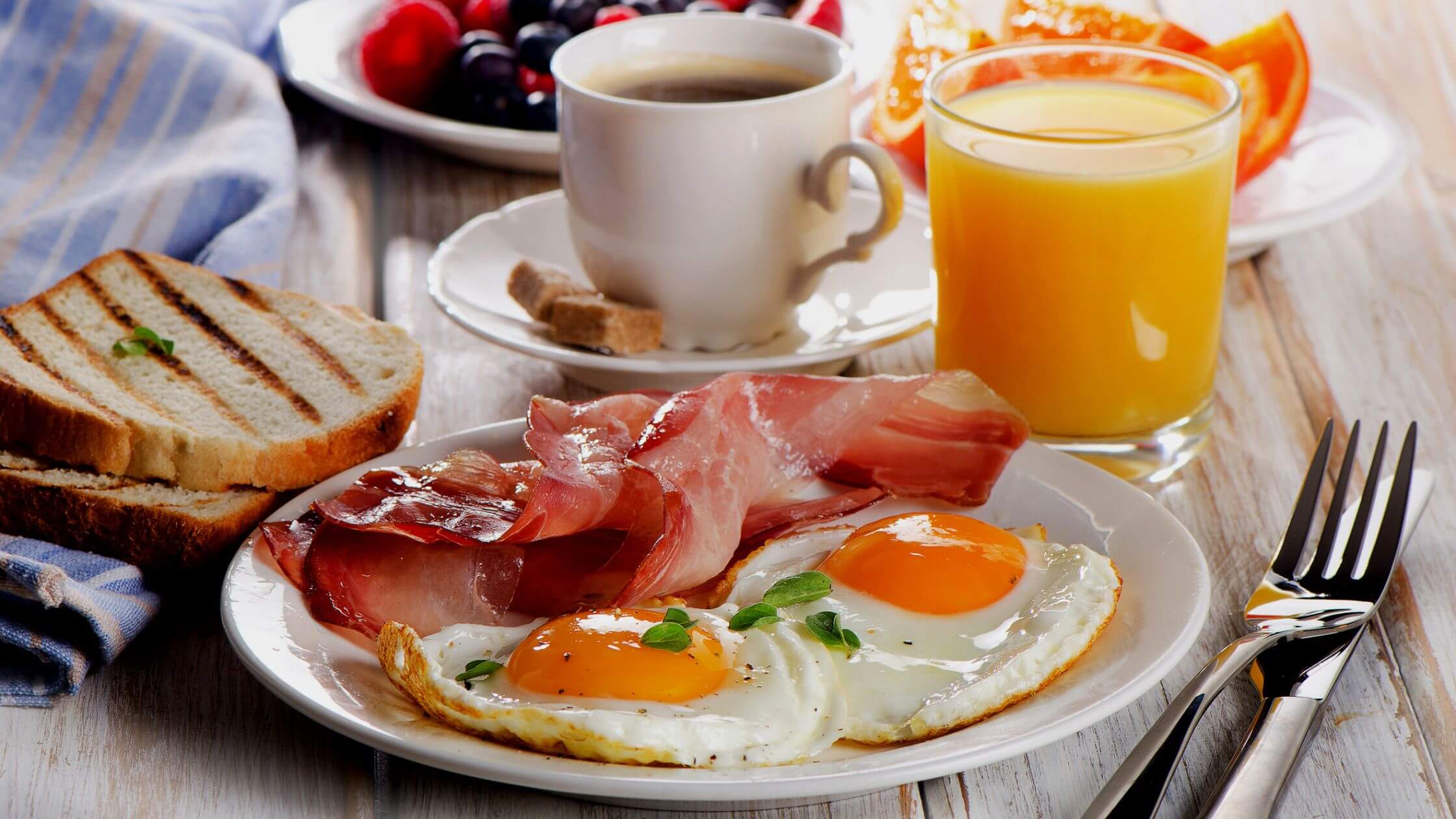
However, unlike their unprocessed counterparts, the body quickly metabolizes refined carbohydrates. Therefore, unlike other foods, the energy produced by refined carbohydrates is immediate rather than sustained.
This means you’ll feel hungry sooner and eat more to satisfy it, which might lead to weight gain. Avoid processed foods in favor of more filling whole foods when dieting to reduce body fat. Losing belly fat is as simple as increasing your protein intake.
The answer is “yes,” and there are various explanations. Getting more protein in your diet makes you feel fuller and longer. Generally speaking, you won’t eat if you aren’t hungry. This means that boosting satiety can lead to effortless fat reduction.
Maintaining metabolically active mass while following a calorie deficit is possible when you consume adequate protein throughout the day. You can burn belly fat and develop muscle simultaneously if you do resistance training for muscle failure.
Legumes, dairy, game meat, eggs, and lean seafood are all excellent examples of bioavailable protein sources.
9. Consume Coffee:
Without exaggeration, coffee is one of the best beverages available. As a bonus, it helps keep your waistline in check while doing wonders for mental clarity and alertness.
Since coffee has zero calories, drinking as much as you like won’t make you fat (figuratively speaking, at least; consuming less than 400 milligrams of caffeine daily is healthy).

But remember that even non-fat milk, sweeteners, and sugar all contribute calories to your diet. The caffeine in coffee is responsible for its fat-burning properties.
Extensive research shows that caffeine increases metabolic rate, fat oxidation, and exercise performance, all of which contribute to more work and calories burned. Coffee may be the most effective fat burner found in nature.
10. Do Some HIIT:
High-Intensity Interval Training (HIIT) is currently trendy. It stands to reason that high-intensity interval training (HIIT) activities like F45, CrossFit, and other group fitness sessions are all HIIT. The routines are packed with fat-burning exercises that aim to speed up your metabolism and make it easier for you to shed pounds.

High-intensity interval training (HIIT) is practical for fat burning because it raises your resting heart rate and basal metabolic rate throughout and after the workout. The simplicity of increasing your heart rate makes HIIT training a potent tool for rapid fat loss.
11. Get Your Probiotics:
Beneficial to digestive health, probiotics consist of various strains of live bacteria. Scientists have essentially described the stomach as the body’s second brain, so the importance of gut health cannot be overstated.
Its massive job is to convert food into cells, energy, and everything your body needs to function. A healthy diet should include probiotics because of their beneficial effects on digestive function.

Potentially beneficial effects on fat loss from certain probiotics have also been observed. One study demonstrated that the probiotic Lactobacillus gasseri mainly targets belly fat and has beneficial anti-obesity effects. Yogurt, kefir, kombucha, and supplements are the best places to get your probiotics.
12. Improve Your Iron Status By Eating More:
Because it plays a role in the process by which food is converted into energy, iron is an essential vitamin. It also aids in transporting oxygen to the body’s cells, which is why persons with an iron shortage may experience dizziness and fatigue.
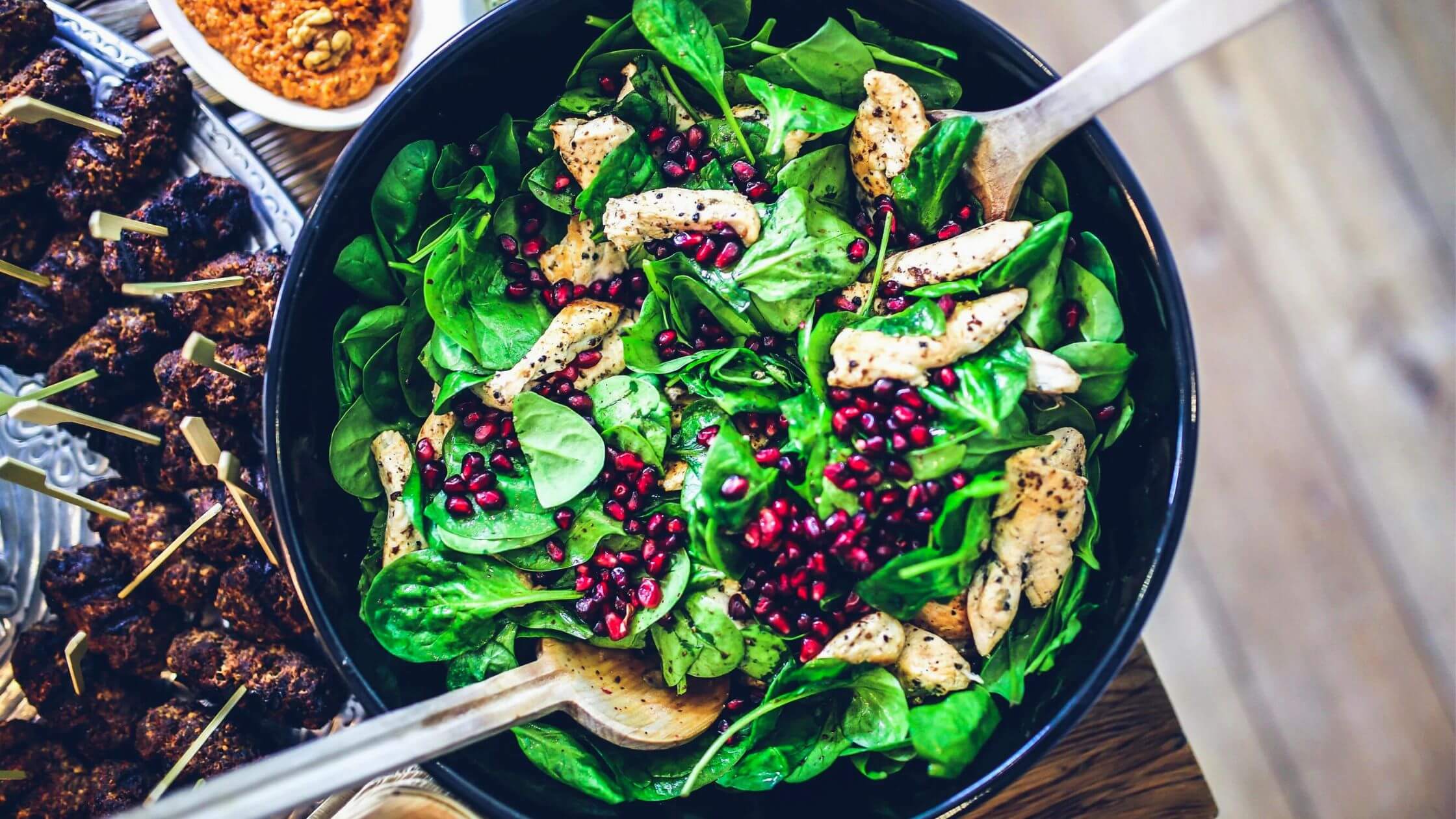
Higher oxygen to the cells means more fat oxidation and more fatty acid breakdown, all of which contribute to weight loss.
Due to the role iron plays in this process, ensuring you get adequate iron in your diet is essential. Slim cuts of meat, legumes, seafood, and spinach are among the finest dietary sources of iron.
13. Consider Trying Out Intermittent Fasting:
Everyone here is a massive supporter of time-restricted eating since it does help. Fasting at irregular intervals causes your body to release hormones that promote fat loss. Eating less frequently causes a dramatic decline in insulin levels in the blood.

As a result, your cells will burn fat for fuel instead of glucose. Fasting for a short time can boost your metabolism by 14 percent, allowing you to burn more calories even after you stop. Fasting regimens involving eating just within an 8- or 10-hour timeframe are very common.
Because our typical mealtime is between 11 and 7 in the afternoon, breakfast is the only meal you won’t enjoy.
How To Choose The Best Weight Loss Programs For Men?
When choosing a weight loss program, consider these factors:
- Discuss Your Weight-Loss Goals With Your Doctor:
Consult your doctor before beginning any weight loss program. Discussing your medical history and any medications you take that could have an impact on your weight with your doctor is an excellent place to start.
Your provider might recommend an appropriate plan. Safe workout techniques can also be discussed. If you have medical issues or pain preventing you from performing daily duties, this is crucial information.
Discuss any prior attempts at weight loss with your doctor. Don’t be shy about discussing your fascination with the latest diet trend. Your doctor may recommend a weight loss support group or put you in touch with a dietitian.
- Consider Your Requirements:
Providing a specific eating plan or exercise routine for losing weight is impossible. Evaluate how your tastes, routine, and aspirations for weight loss all play a role. Select a package that can be modified to fit your needs.
Before starting any program to lose weight, you should give some thought to the following:
• Diets You’ve Tried:
Discuss the positive and negative qualities you observed. How well did you stick to the diet? How did it succeed or fail? To what degree did the diet affect your mood and physical feelings?
• Your Preferences:
Would you rather lose weight alone, or would you like some company? Are you more comfortable with in-person meetings if you need group help, or would you instead communicate with others online?
• Financial Plan:
Spending money on supplements or special meals, making trips to clinics, or attending meetings to achieve success with specific weight loss plans may be necessary. Is that price reasonable for you?
• Other Things To Think About:
Do you suffer from a sickness or allergy that requires treatment? Do you have any dietary restrictions or preferences based on religion, culture, or ethnicity?
3. Try To Choose A Healthy And Reliable Weight Loss Plan:
It’s easy to fall for miraculous weight loss claims in record time. In contrast, a measured pace is less exhausting to maintain over time. And in the long run, it usually works better than rapid weight loss. Average recommendations call for weekly weight reduction between 0.5 and 2 pounds (0.2 and 0.9 kg).
In the right hands, shedding pounds more quickly is entirely risk-free. Some examples of such diets include very low-calorie diets followed by medical monitoring or the rapid implementation of a healthy eating plan.
Maintaining a healthy weight involves a lifelong dedication to modifying one’s eating habits, level of physical activity, and other aspects of one’s daily routine. Changing your routine may have the most significant effect on your ability to keep the weight off permanently.
It’s essential to settle on a strategy that works for you. Specifically, check for:
• Flexibility:
All the food groups are represented in a flexible plan. Vegetables, fruits, whole grains, low-fat dairy, lean proteins, nuts, and seeds are all part of this eating plan. A treat here, and it is acceptable on a flexible diet.
All of the things on the plan should be readily available to you and something you enjoy eating. But cut back on the booze, sodas, and candy bars.
• Balance:
The appropriate number of calories and nutrients should be included in your strategy. Problems with nutrition may result from eating excessive amounts of certain foods, drastically reducing caloric intake, or eliminating entire food groups. A lot of vitamins and supplements aren’t necessary for a healthy and safe diet.
• Likeability:
Plan meals around foods you like and would eat forever. You won’t be as successful with a diet plan if you don’t enjoy the food allowed on it, if it’s too restrictive, or if it gets uninteresting. That makes sustained weight loss a difficult shot.
• Activity:
You should include physical activity in your plan. Speeding up your weight loss by exercising and cutting back on calories is possible.
Aside from the obvious weight loss benefits, exercise can also help preserve muscle mass. In addition, physical activity is crucial for keeping the weight off.
Final Thoughts – Is It An Advanced Weight Loss Program?
A wide variety of healthy, long-term diet plans are available for men who wish to reduce their body fat percentage.
You may be tempted to go on a low-calorie diet that promises rapid weight reduction, but it’s better to choose a diet that provides adequate nutrition for your body, isn’t too restricted, and can be followed for the long haul.
Engaging with a qualified medical professional, such as a registered dietitian, can be beneficial in determining the optimal diet for your specific needs.
It’s possible to feel like your body isn’t responding adequately to a balanced diet and exercise routine. Weight is affected by several variables, including fluid shifts and the number of unprocessed meals.
As a result, it’s crucial to establish goals and constantly assess how well you’re doing about them. But make sure your goals are attainable, or you risk feeling discouraged and giving up.
It’s important to plan meals and presentations with men’s and women’s nutritional preferences in mind. It happens because they have different dietary requirements.
A separate weight-loss diet system tailored to men and women is desperately needed. Separate the proteins, carbs, and vegetables in your dish. Men have a more considerable calorie need.
Therefore, they should eat more carbs, protein, and fat overall. To get closer to their target weight, men can learn more about the calories, macronutrients, and other nutritional worth of foods.
